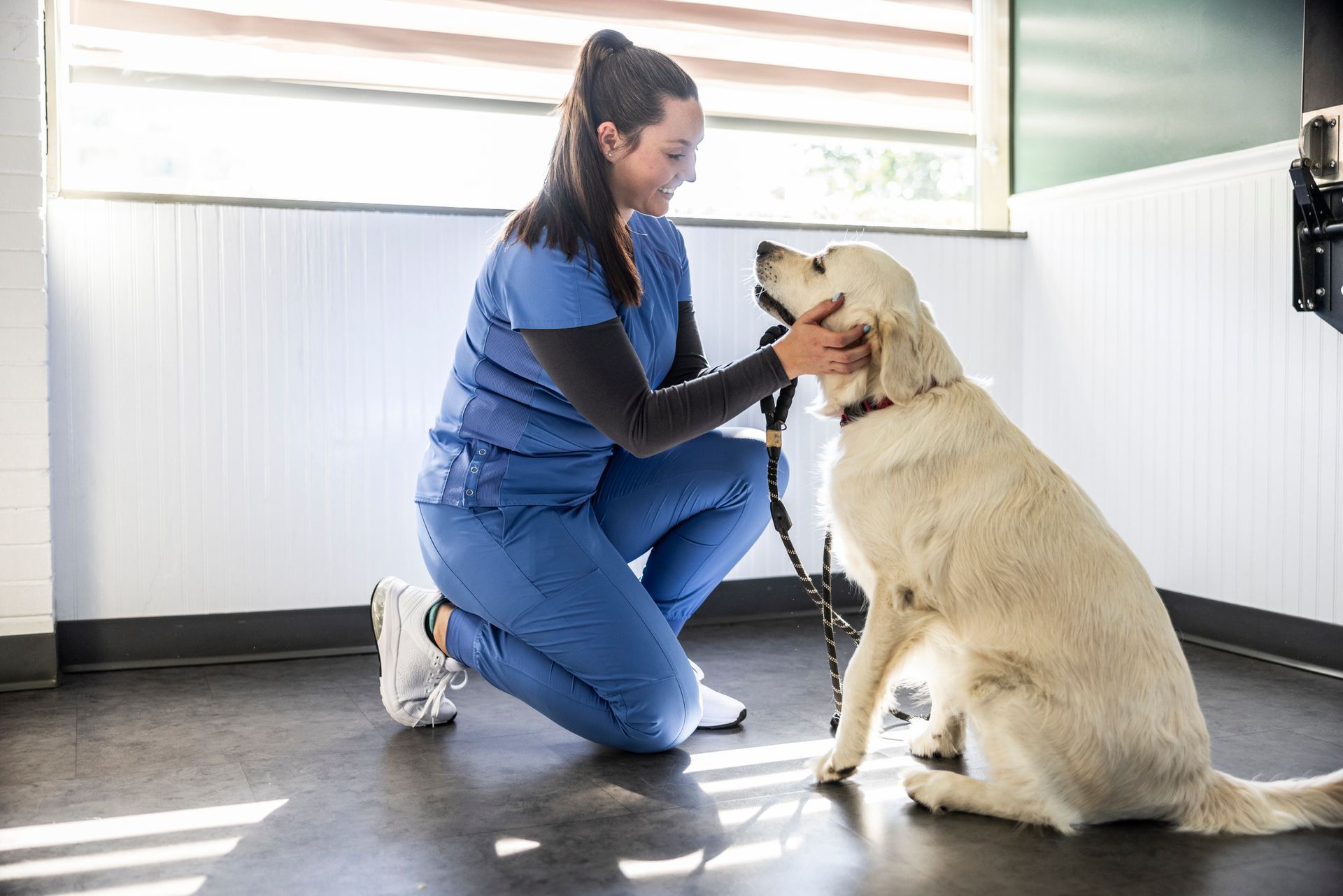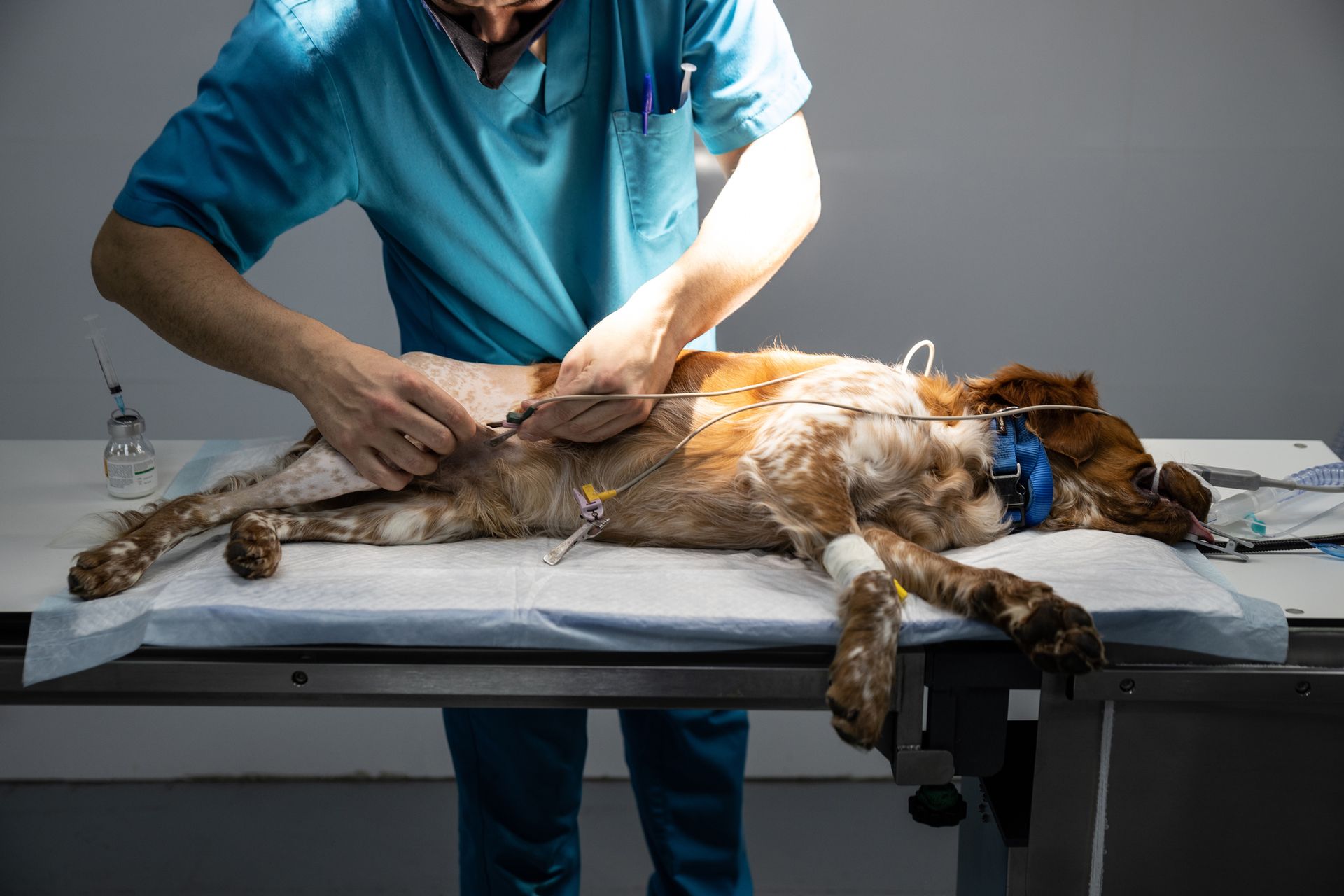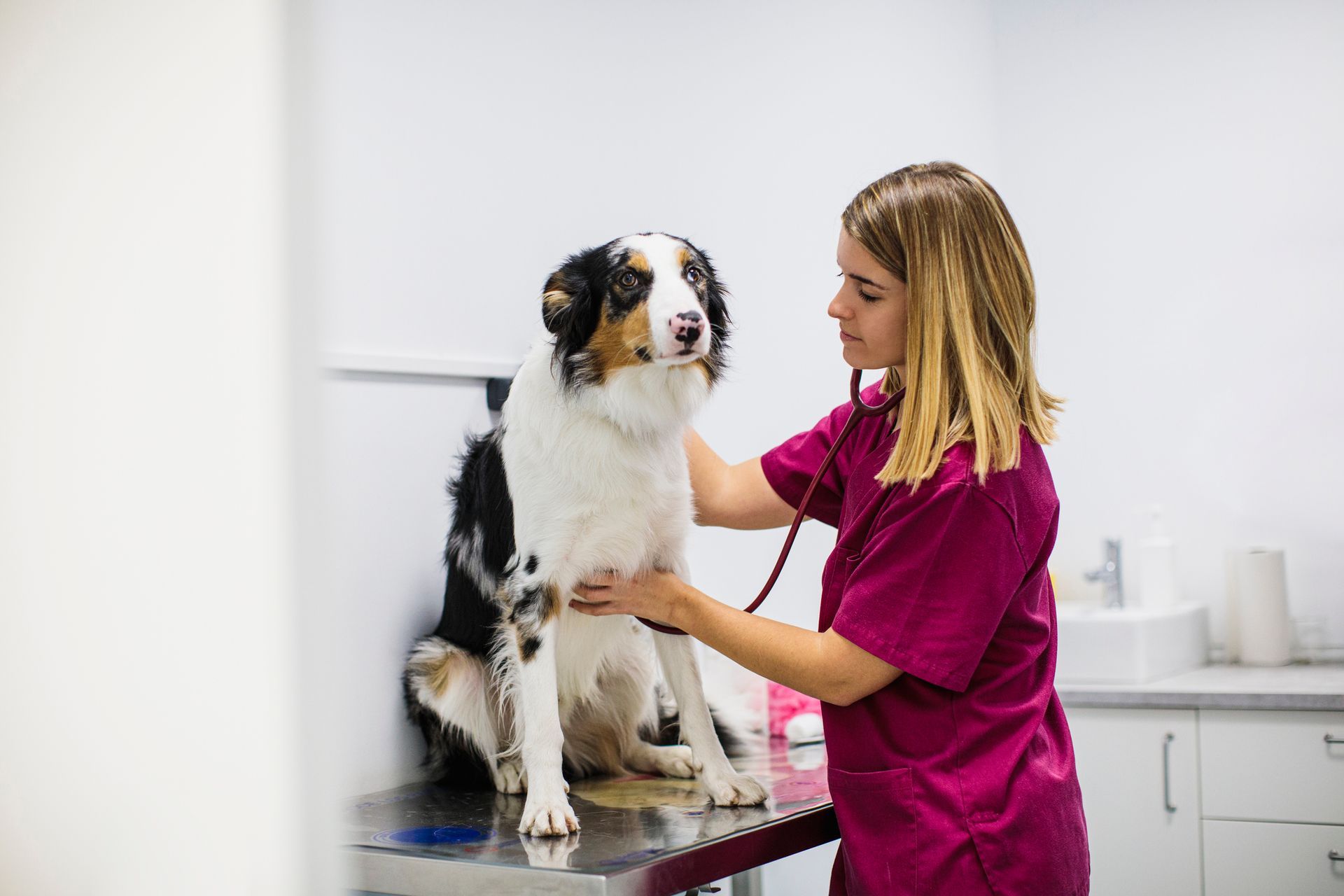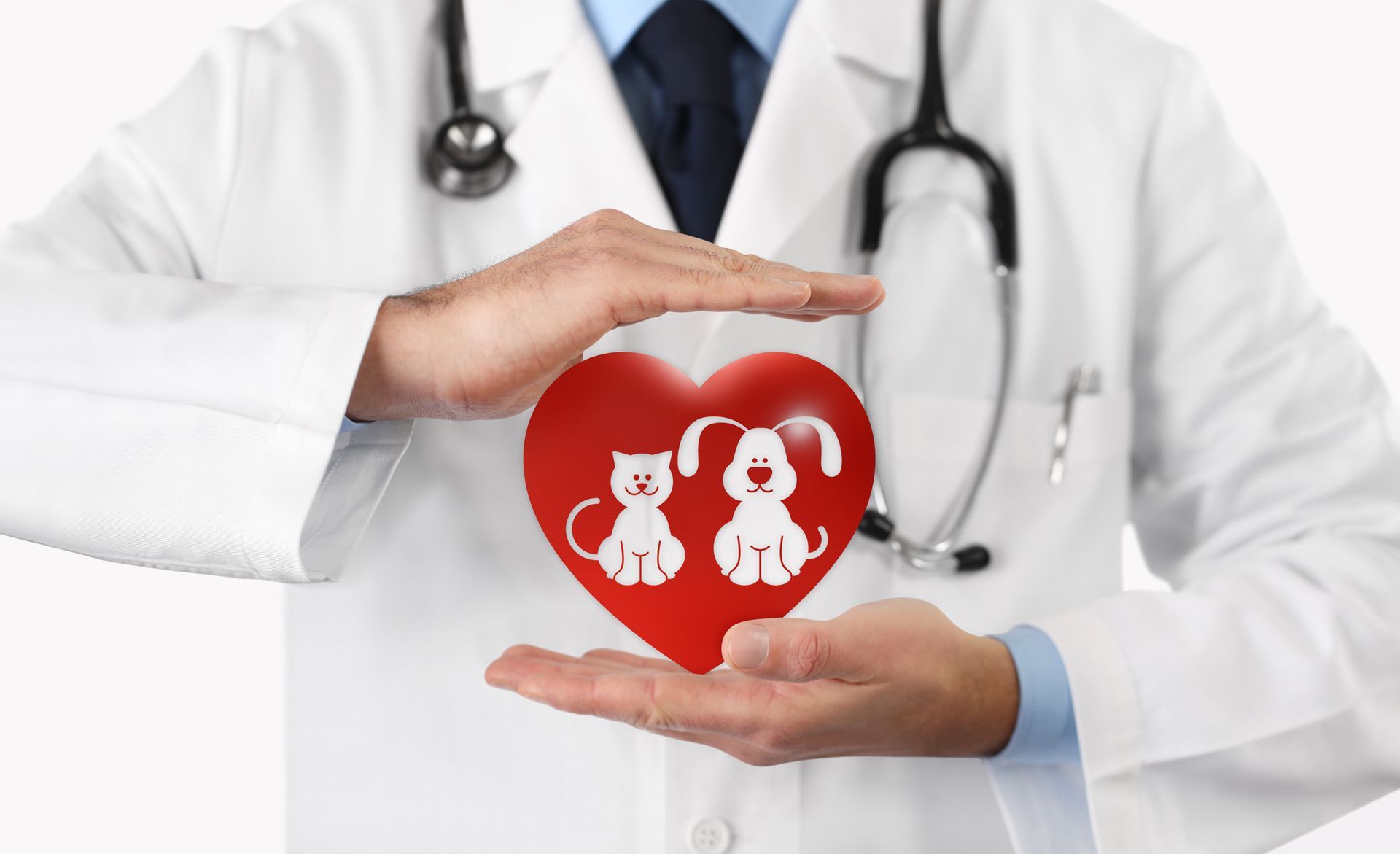4 Steps Toward a More Pet-Friendly Halloween

Halloween offers tremendous opportunities for fun, from trick-or-treating adventures for the kids to ghost-themed parties for adults. However, as you make Halloween plans with your friends and loved ones, don't forget about the four-legged family member in your household. Pets face certain risks during this holiday.
You can celebrate Halloween in style while still giving your pet a safe, healthy, happy holiday once you understand the possible risks and their available remedies. Read on to discover four things you can do to plan a pet-friendly Halloween.
1. Keep Your Pet Away From Human Treats
For many kids and adults, Halloween centers around candy and other tasty treats. Halloween parties may feature bowls of goodies placed at several points around the house, not to mention caffeinated or alcoholic beverages. However, many of the treats humans can safely enjoy don't agree with pets at all.
Certain candies can be toxic to pets. Chocolate can have poisonous effects because they contain substances called methylxanthines, while raisins can cause kidney failure, and high-sugar candies can produce violent diarrhea.
Don't assume that sugar-free candies always present less of a threat to your pet. Candies sweetened with a non-sugar substance called xylitol can cause vomiting, seizures, low blood sugar, and even liver failure in dogs. Candy wrappers add to the danger by posing a potential choking hazard. Keep these items out of your pet’s reach.
Candies don't represent the only edible threat to your pet's health at Halloween. Salty snacks such as potato chips can also cause harm by giving your pet an overdose of sodium. Nuts can cause digestive problems. Caffeinated beverages pose the same threat as chocolate, while alcohol can fatally depress the nervous system.
2. Make Halloween an Indoor Holiday for Pets
If you plan to go trick-or-treating with your family, resist the temptation to dress your pet up and bring it along. Costumes can cause both physical and psychological discomfort for pets. Your pet might also break away from you and run off into the darkness, where it might get hit by a car or get into a fight with another animal.
Even if you plan to stay home for Halloween, you may need to keep a close eye on your pet as you open the door to greet party guests or trick-or-treaters. Every open door offers an opportunity for an anxious or excited animal to run away. If necessary, keep your pet in another room or behind a childproof gate.
Since pets can elude even the most skilled handlers, you should give serious thought to microchipping your pet before Halloween. A microchip contains a unique ID number also entered into a national database. A quick scan of a lost pet displays the number on a scanner, allowing whoever scans your pet to contact you.
3. Give Your Pet a Halloween Party Refuge
Halloween celebrations can create serious anxiety or overstimulation in some pets, especially those accustomed to a quiet, peaceful household. If you worry about your pet's nerves, set aside a room well away from the action and equip it with your pet's favorite toys, blanket, and other comforting items.
Some pets may experience fear or anxiety even when sequestered in a safe space. These animals can often benefit from exposure to the same kinds of pheromones that mother pets use to relax their babies. You can find dispenser cans of pheromones in pet stores or online. A pressure garment may also soothe your pet's nerves.
If you feel you can't maintain a quiet, secure, or comforting environment for your pet on Halloween, find out whether a local pet boarding facility can care for your pet overnight. Ideally, choose a boarding facility with ready access to veterinary expertise to make sure your pet has all its medical needs accounted for during the stay.
4. Use Safe Decorations and Lighting
Halloween gives you a chance to create all kinds of eerie or amusing effects through decorations and lighting. While these devices and their effects can greatly enhance the mood of your Halloween festivities, the wrong choices might prove harmful to your pet.
If you hang strings of lights around the house, make sure curious pets can't get close enough to the wiring to chew on it. If you set out Jack-o'-lanterns, find a safe alternative to live candles. A pet who knocks this arrangement over can sustain burns or start a fire.
Think carefully about the various props and party favors you use for your Halloween event. Cats and dogs might easily mistake a plastic spider for the real thing and try to eat it, so hang these items from the ceiling or position them high on the walls. Glow sticks contain toxic chemicals, so consider skipping them entirely.
Despite your best efforts, pets can experience health crises during Halloween or any other holiday. If your pet runs into trouble, bring it to
South Seattle Veterinary Hospital, or contact us for first aid instructions. Our team wants to help your pet enjoy a safe, healthy, happy life all year round.










